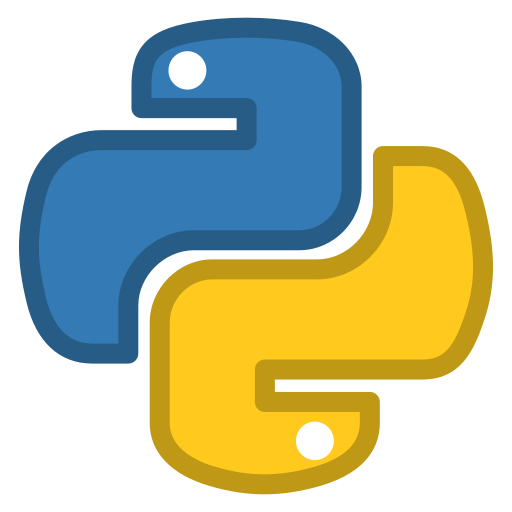
Python is a high-level, interpreted programming language that is widely used for web development, data science, and general-purpose programming. It is known for its readability and simplicity, allowing even novice programmers to quickly learn and use its features. Python supports multiple programming paradigms, including object-oriented, procedural, and functional programming. It also has a large and active community of users and developers, making it a popular choice for many projects.
Python was developed in 1991 by Guido van Rossum. Python is a high-level, interpreted programming language that is widely used for web development, data science, and general-purpose programming. It is known for its simple and easy-to-learn syntax, as well as its large and comprehensive standard library. Python supports multiple programming paradigms and has a large and active community of users and developers. It is a versatile language that can be used for a wide variety of projects, and it runs on many different platforms.
print('Hello, World!')
 |
|
|---|---|
| Developer | Guido van Rossum |
| Release Date | February 1991 |
| Typing discipline | Dynamic, duck, gradual, optional |
| Filename extensions | .py, .pyc, .pyd, .pyo, .pyw, .pyz |
| Operating system | Cross-platform |
| License | Python Software Foundation License |
| Influenced by | ABC, ALGOL 68, C, C++, Modula-3, Unix shell |
| Influenced | Boo, Cobra, D, Go, JavaScript, Julia, Nim, Rusty |
For more detail into the Python language, you can watch the video by the (funny) YouTube Channel 'Fireship'.